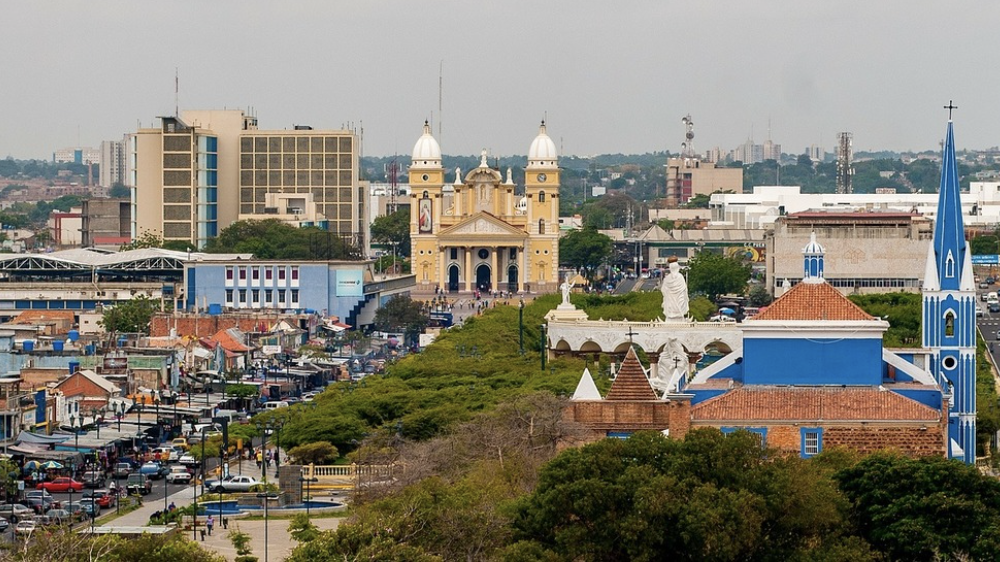Griner Home for the Holidays
December 13, 2022
The WNBA has been at the forefront of several controversies over the last few years, ranging from pay equality issues to political activism. But recently, Phoenix Mercury center Britney Griner has been caught up in a new controversy: one that deals with issues of foreign policy and international relations.
Griner was the first overall pick in the 2013 WNBA Draft, and led the Phoenix Mercury to win the WNBA championship in 2014. She has won two Olympic gold medals in the 2016 and 2020 Olympics. In 2020, Griner protested against the United States, as part of the “Black Lives Matter” movement, by refusing to be on the court while the national anthem was played.
Most recently, in February of 2022, Griner was arrested in Russia while playing for the Russian Premier League. She was found at a Russian airport with medically prescribed cannabis, an illegal drug in Russia, and charged with drug smuggling. She was subsequently tried, convicted and sentenced to nine years in a Russian prison/work camp. Many saw Griner’s arrest as a polkitical ploy in reaction to the United States’ support of Ukraine in opposition to Russia’s invasion.
American officials quickly classified Griner as “wrongly detained,” and immediately began working to secure her release. In May, the framework for a deal between the US and Russia emerged. It involved Paul Whelan: a former US Marine who had been arrested in Russia for espionage. Whelan was dishonorably discharged more than a decade ago from the Marines on a number of charges involving larceny in 2008. His arrest in 2018 earned him sixteen years in Russian prison. This potential deal would have Russia release Griner and Whelan in exchange for arms trafficker Viktor Bout. Bout, (also known as “The Merchant of Death”) had been selling weapons to enemies of the United States, including several terrorist groups, around the world and conspiring to kill American government officials.
US Secretary of State Anthony Blinken even called the Russian Foreign Minister, Sergey Lazrov, for the first time since the start of the War in Ukraine in order to negociate this exchange. However, this deal fell through when Russia demanded that Russian assassin Vadim Krasikov, who is serving a life sentence in Germany, be released as well. That decision rested with the German government and was a “non-starter” for their government officials.
Eventually, 294 days after her arrest, Brittney Griner was released in a 1-for-1 exchange for Viktor Bout. This deal drew criticism from many Americans who believed that Russia had gained more from the deal and that President Biden had approved the deal only as a political publicity stunt. Many also criticized Griner’s protests against the national anthem, arguing that the US government should not have traded a dangerous prisoner for someone who was “un-American.” What’s more, many Americans believed the government should have pushed for Paul Whelan’s release ahead of Griner’s, since he was a former Marine. The White House pushed back on these claims, arguing that trading Whelan was simply not an option. White House spokeswoman Karine Jean-Pierre said that “It was a choice between bringing home one American or none.”
Brittney Griner is now back home with her family; one fewer American is being wrongly detained by a foreign government. Unfortunately, it is believed that dozens if not more Americans are still being unjustly held abroad in countries including Russia, Iran, Syria, and China. The Griner situation only highlights the danger posed to Americans in hostile nations. These nations may seek to leverage more Americans to release their own citizens or achieve other needs. Time will tell, but one thing is certain: America must establish a strong stance to protect its citizens abroad.




























